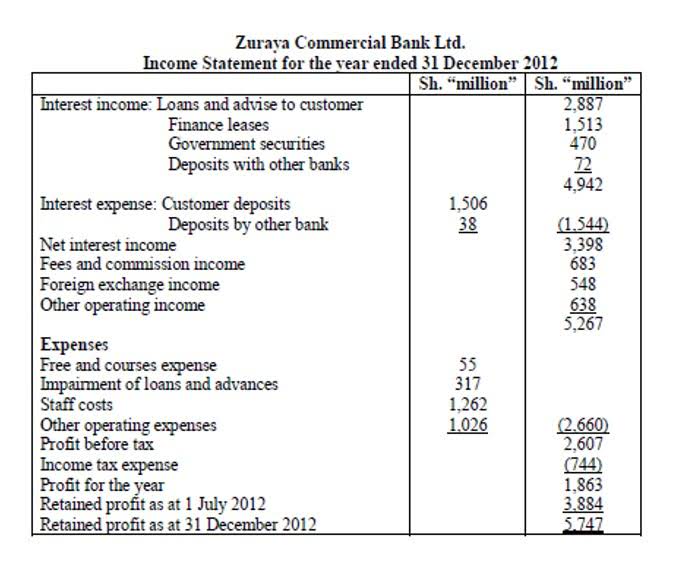
Don’t include weekly sales-revenue reports, for example, unless the extra data adds to the story you’re telling. The best year-end reporting incorporates past years’ performance into the narrative. Tell a story that shows your track record of growth, of revenue, of innovation — whatever your message is — is more than a Year-End Accounting Checklist one-year fluke. Private companies aren’t required to file year-end reports, but many do create them as a way to gain insight into the organization, satisfy investors that their funds are in good hands, and attract new investment money.
Services and information
Closing a period may take days, weeks, or accounting even months into the next accounting period, and two periods can run simultaneously as the previous period is closed out. An accounting period may consist of weeks, months, quarters, calendar years, or fiscal years. The accounting period is useful in investing because potential shareholders analyze a company’s performance through its financial statements, which are based on a fixed accounting period.

If your accounting period and financial year are different

Outside of work, Chris loves spending time with his two young children, playing football, and exploring Ireland. Where appropriate, account for any grants or entitlements received during the financial year. These Cash Flow Management for Small Businesses can include government contributions or special tax exemptions, as well as private grants.
- A firm must set up a deferred revenue account to show that revenue hasn’t been made if it doesn’t have any when payment is received.
- Similar to revenue accounts, transfer the balances of all expense accounts to the “Income Summary” account.
- Put your business’s bank account in the balance Now that everything has been documented, it’s time to balance your bank accounts one last time for the year.
- Furthermore, the company reports $65.4 million in cash and cash equivalents, a 12% increase YoY.
- Post the account totals from your cash payments and your sales and cash receipts journal to the appropriate general ledger account to close the books.
- You must file 2 returns to cover the period of your accounts because your accounting period cannot be longer than 12 months.
Creditors and investors

Five key concepts underlie accounting procedures and the creation of financial statements, even though there are many rules for accountants. The accrual principle, matching principle, historic cost principle, conservative principle, and the principle of substance over form are those. However, a financial year refers to the period starting of one full year (for example, 1st April and ending on 31st March of next year). The accounting period has no fixed length, and it can be of any length, such as one year or less and maybe more than one year. This helps finance teams close faster, save time year-round, and take financial decision-making to the next level. The goal is to prepare a final financial statement for potential external audit, to be stored within the company’s official financial records.

Companies across various sectors must select a fiscal year-end that suits their business needs, ensuring accurate financial reporting and comparison with both current and historical data. This is essential for investors seeking to make informed investment decisions and regulators maintaining transparency in corporate finance. Companies in the retail sector often choose fiscal year-ends other than December 31 due to their unique business cycles. For instance, the holiday shopping season typically peaks around late November and December. As a result, retailers may find it challenging to accurately prepare financial statements and count inventories during this busy period.
- When recording an accrual, the debit of the journal entry is posted to an expense account, and the credit is posted to an accrued expense liability account, which appears on the balance sheet.
- However, when comparing firms with different fiscal years, it’s essential to ensure that the data is adjusted for accurate comparisons.
- Knowledgeable investors want to see this because a company with no cash on hand can’t pay its bills even if revenue is healthy.
- You may get a late filing penalty if you do not update your accounting period dates with HMRC.
- The magic happens when our intuitive software and real, human support come together.
- In the course of producing these essential reports, it’s vital to note that companies may have different fiscal year-ends instead of the widely known calendar year-end.
A similar financial close process is followed at the end of each financial period throughout the year. Often, this will be at the end of a calendar month for the month-end closing process. Valuation and impairment testing dates may need to be moved to align with the new period-end.
Step 9: Create Your Balance Sheet
Let us understand the advantages and disadvantages of the accounting period principle through the discussion of points from both extremes of this concept. Therefore, all the accounting transactions relating to it shall be recorded in the same period. Requiring, mandatory accounting provisions shall be made so that the matching principle is not violated. Tools like Spendesk give finance teams greater control and real-time visibility over company budgets, employee spending, and invoicing within a centralised platform. Features like mobile receipt capture and one-click payments enable employees and the finance team to stay on top of expenses, reimbursements, and approvals instantly.
What Are Year-End Journal Entries?
This will streamline inventory management and purchasing processes while avoiding discrepancies in reporting periods. For example, some tech companies have a fiscal year ending on October 31 because most of their major technology conferences are held during this time. As a reminder, it’s important to note that the timing of a company’s fiscal year-end does not affect tax filing deadlines. For instance, taxes, which are based on a calendar year-end, continue to be due on April 15 regardless of a firm’s fiscal year-end. Consequently, businesses with fiscal years other than Dec. 31 may find it more practical to adopt an end date that better suits their tax calculation needs.

